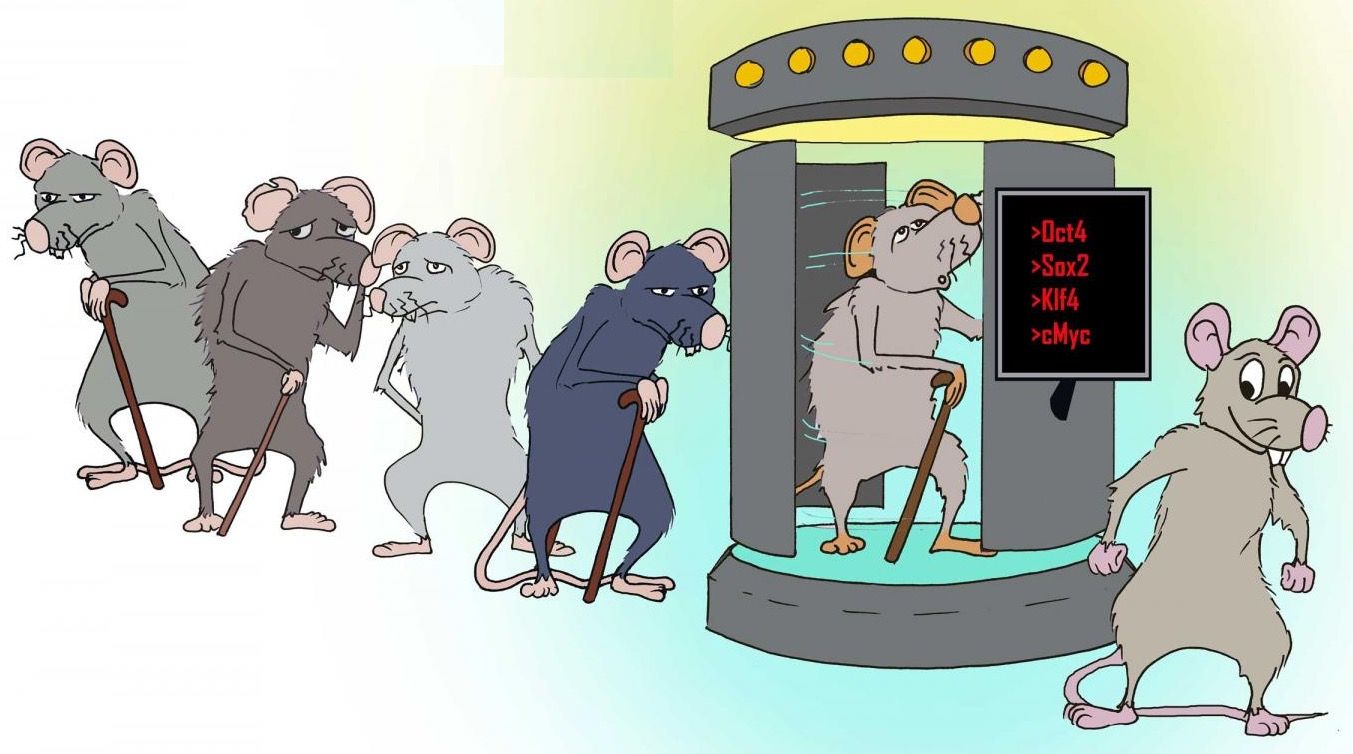
Salk Institute scientists have extended the average lifespan of live mice by 30 percent, according to a study published December 15 in Cell. They did that by rolling back the “aging clock” to younger years, using cellular reprogramming.
The finding suggests that aging is reversible by winding back an animal’s biological clock to a more youthful state and that lifespan can be extended. While the research does not yet apply directly to humans, it promises to lead to improved understanding of human aging and the possibility of rejuvenating human tissues.